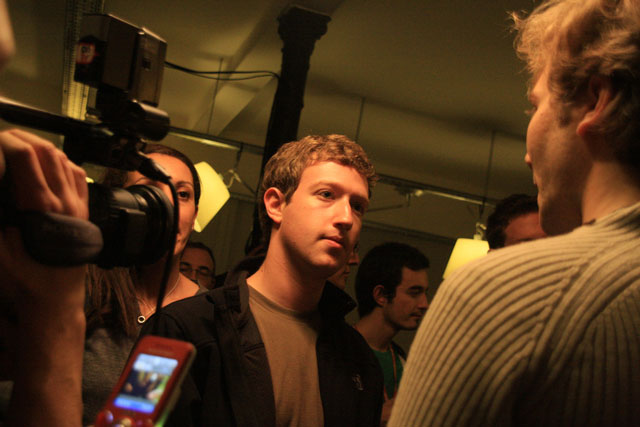 Earlier this week, the Indian communications regulator announced it would forbid the provision of differential pricing for data services on the basis of content. This decision effectively bans Facebook’s Free Basics initiative, which offers access to Facebook and a suite of other content providers for free.
Earlier this week, the Indian communications regulator announced it would forbid the provision of differential pricing for data services on the basis of content. This decision effectively bans Facebook’s Free Basics initiative, which offers access to Facebook and a suite of other content providers for free.
The issue of net neutrality, zero-rating and Free Basics in India has risen to prominence in the past year, with a hugely popular grassroots campaign to encourage the regulator to block such initiatives.
Facebook responded by adapting many aspects of its offering to accommodate public push-back, including renaming Internet.org to Free Basics, opening the platform to more content providers and ensuring the programme was open to all network operators.
But for many, all that amounted to was putting lipstick on a pig.
The stakes of the debate grew higher as Facebook embarked on an expensive advertising campaign in support of Free Basics. Facebook CEO Mark Zuckerberg made the issue personal by making a public appeal to Indians, asking: “Who could possibly be against this?”
The answer to that has now become clear.
This week’s decision is a victory for those opposed to “walled gardens”, but it is something of a paradox that the Internet itself has become a “walled garden” between those who have affordable access and those who don’t.
If we are passionate about creating a level playing field on the Internet, then we must be passionate about making the Internet affordable and accessible to all. Among the many news articles lauding the decision taken by the Indian regulator, none was written by anyone without access. The disconnected are excluded from the discussion.
It is an uncomfortable truth that, in emerging economies, Facebook had already won the Internet well before Internet.org and the Free Basics campaign began. Facebook became the de facto Internet for many people because it did the most profoundly useful thing the Internet can do: connect people.
Connecting people to each other in meaningful ways is the secret sauce of the Internet and, for the last few years, Facebook has been best of breed at doing that. The 16m people who connected to Facebook in Nigeria this month alone are evidence of this.
From family connections to political movements, Facebook has proven itself to be an extremely powerful platform for people to share knowledge, act collectively, air their frustrations, you name it. Mark Zuckerberg has a real point when he asks who could possibly be against offering this for free.
And yet, this is not okay.
This is not just about Facebook, but every Internet company that has gone to scale — from Google to Uber to Spotify
At the micro level, Facebook delivers exactly what people want: connection and community. At the macro level, where Facebook’s algorithms decide which articles and which advertisements to display to users, things are more complicated. Having a private company that connects over a billion people making decisions about how and when to display information to users is clearly problematic and we currently have no idea how to deal with it.
And of course it’s not just about Facebook, but every Internet company that has gone to scale — from Google to Uber to Spotify, and many others. One of the few antidotes to this problem is consumer choice, the ability to select a different platform if only to be able to compare algorithms across platforms. Without consumer choice, we have no idea whether the beautiful peaches growing in our garden are genetically modified or not because we have nothing to compare them to.
Given the choice between GMO peaches and nothing at all, most people would eat the peach. Indeed, it is morally questionable to argue that those who can’t afford Internet access should forgo free access to Facebook until affordable “neutral” access is available to them.

I believe the only way to resolve this problem is to make the Internet generically free for all users — or at least low-bitrate access to the Internet.
This is the essence of what I advocate for in this modest proposal, in which I argue that connecting all phones to the Internet by default would make good economic sense for mobile network operators thanks to the network effects they would enjoy from having millions more data users.
Prepaid users on mobile phone networks have always enjoyed being connected to the voice networks for free. Operators don’t do this out of the goodness of their hearts, but because it generates traffic — more people to call. Also, a significant percentage of those users will keep an airtime balance, which adds up to a lot of money held by the operator.
A recent Forbes article identifying lessons from mobile money ventures in developing countries identifies the importance of offering the service for free as one of six key lessons. It is hard to imagine that a free, always-on basic Internet for mobile phones would not lead to massive growth in data-rich services. Low-bitrate data for everyone? Why not?
- This piece was originally published on Song’s blog, Many Possibilities. Song is founder ofVillage Telco




